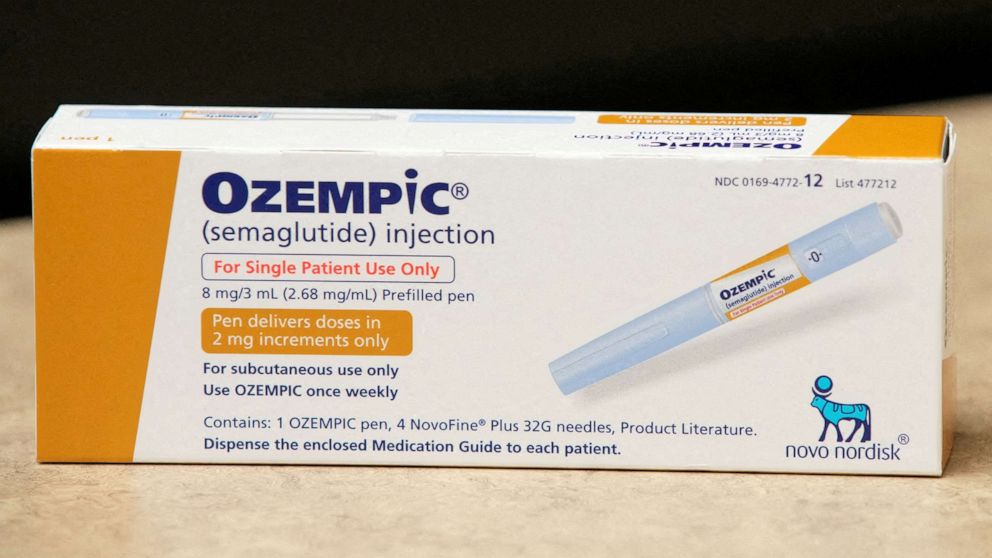Surgery approaching? Talk to your doctor about stopping Ozempic.
In recent years, Ozempic and other similar drugs called GLP-1 agonists have become popular for weight loss purposes. But doctors are now warning people not to take these drugs before undergoing surgery or procedures that require sedation.
The American Society of Anesthesiologists (ASA) said in a recent statement that people taking daily GLP-1 agonists should stop the medication on the day of surgery. If you are taking medication weekly, he should take it up to a week before surgery.
ASA Fellow and President-elect Ronald L. Harter, M.D., Ph.D., professor of anesthesiology at The Ohio State University Wexner Medical Center, said the new guidelines were introduced after “many reports from the medical literature and anesthesia educators of people who are fasting but are vomiting either while sleeping or after waking from anesthesia.”
“This is very worrying and needs to be addressed and communicated to the public as we are doing now,” Harter said.
Anesthesiologists are doctors who help ensure that patients are sedated during surgical procedures. For decades, anesthesiologists have recommended emptying the stomach before surgery and eating and drinking to reduce the chance of vomiting during potentially dangerous surgery.
“This is a really unique situation, where a relatively new class of drug is being very rapidly accepted and used by a significant segment of the population,” Harter said. “One of the potential side effects of these drugs is slowing gastric emptying, which carries inherent risks or aspiration potential for patients undergoing anesthesia. All these factors combine to prompt us to guide practical anesthesiologists and patients taking these drugs.”
“This drug reduces the emptying of food from the stomach and slows the absorption of calories,” says Louis J. Aronne, M.D., Sanford I. Weil Professor of Metabolic Studies and director of the Center for Comprehensive Weight Management at Weill Cornell Medical School in New York City.
The drugs also have side effects, such as diarrhea and vomiting, but “but because these drugs are dose-titrated, or you increase the dose gradually, you can find a rate at which you can stop those side effects,” Aronne said.
Aronne said he was familiar with GLP-1 agonists and had been following similar management guidance issued by the ASA even before the statement was formally released.
He said it is safe for people taking the drug to stop temporarily. If you are taking this drug for weight control, when the drug wears off, the person will start feeling hungry and the weight loss process will stop. “It’s not going to happen anytime soon. It will literally take a month to find out,” Aronne said.
If you’re on diabetes medication, you may need to switch to another medication, but it’s safe to talk to your doctor before surgery, he said.
Alina Mitina, M.D., is the Chief Emergency Medical Resident at St. John’s Riverside and a member of the ABC News Medical Unit.
